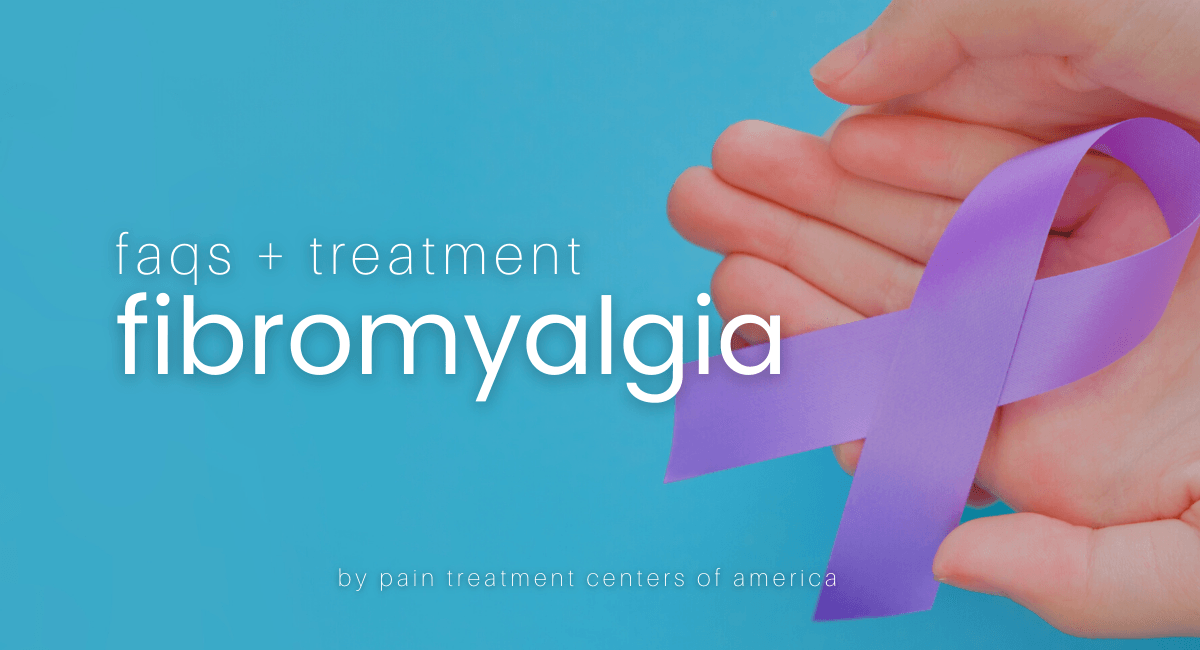Call for more information: (844) 215-0731
New Patient Department:
(501) 254-0967
Referrals (Fax): (888) 630-8885
Medical Records (Fax): (501) 476-5707
Fibromyalgia FAQs + Treatment
Fibromyalgia affects nearly 4 million Americans. Unfortunately, it’s among the most misunderstood condition in the world.
Here’s what you should know about this disease and finding relief from your fibromyalgia pain.
What Is Fibromyalgia?
Fibromyalgia is a chronic pain condition. It can cause aches and discomfort in all areas of the body, including the muscles, tendons, joints and skin. Many people with the condition also have tender points on the body--areas where even slight pressure can cause intense discomfort.
Other symptoms of fibromyalgia include:
- Sleep disturbance
- Fatigue
- Irritability
- Memory problems
- Tingling in hands or feet
- Numbness in hands or feet
- Depression
- Anxiety
- Digestive issues, including symptoms of irritable bowel syndrome
People with fibromyalgia have also reported feelings of muscle and joint stiffness and frequent headaches.
Unlike inflammatory or autoimmune conditions like arthritis or lupus, fibromyalgia is believed to be connected with the central nervous system.
What Causes Fibromyalgia?
Researchers don’t know the exact cause of fibromyalgia. However, it is believed that different “triggering” events can cause the condition to surface.
Fibromyalgia that comes on rapidly has often been associated with traumatic injuries from car accidents. In other studies, fibromyalgia patients reported that their symptoms surfaced following surgery, infections, illnesses, and bodily assault.
Mental illness and emotional and physical trauma have also been linked to the onset of fibromyalgia.
Who Is Affected By Fibromyalgia?
While the condition can affect people of all ages and races, fibromyalgia is most commonly diagnosed in middle-aged women . Individuals with a family history of fibromyalgia are more commonly diagnosed, as well.
In additional studies, obesity and lack of physical activity have been linked to more severe fibromyalgia symptoms.
Fibromyalgia Testing And Diagnosis
Fibromyalgia is commonly diagnosed through a combination of x-rays, blood testing, and physical examination. Medical history and tender point testing may also be used in diagnosis.
How Is Fibromyalgia Treated?
While there is no cure, there are treatments available to help relieve fibromyalgia pain:
- Antidepressants - duloxetine (Cymbalta) and milnacipran (Savella) are approved by the FDA to treat fibromyalgia
- Anti-seizure medication - pregabalin (Lyrica) is approved by the FDA to treat fibromyalgia
- Over-the-counter pain medications
- Exercise
- Lifestyle changes (weight loss, increasing sleep, massage, daily stretching)
If you have tried traditional fibromyalgia treatments with no success, a pain management specialist may be able to help.
Pain Treatment Centers of America is proud to specialize in fibromyalgia treatment in Arkansas. Contact us today to schedule your appointment: 844-215-0731.




Call usReferrals (Fax)(888) 630-8885
Patient Support Hours
Monday - Thursday 8:00 - 5:00

All Rights Reserved | Pain Treatment Centers of America | Arkansas | Mississippi | Texas




